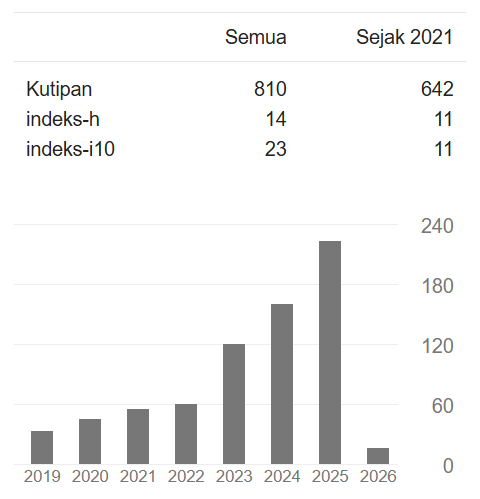Religious Experience from a Neuro-Psychological View
Keywords:
Religious experience, religious erlebnis, religious erfahrung, (religious) ideology, neuroscience, neuropsychology, pain, PET, reductionism, partial reductionism, transcendental meditation, epilepsy, schizophreniaAbstract
The search for the basis of religious experience among neurological processes in the brain has resulted in a widespread debate within, as well as outside the academic world. The aim of this paper is to analyze to what extent a neuro-psychological theory could explain the phenomenon of religious experience. To clarify what the neuro-psychological studies of the present paper mean by the concept of religious experience, the concept has been divided into three different types: The Erlebnis or RErl type, the Erfahrung or RErf type and the ideological type of religious experience or RIT type. Furthermore, the present paper is focused on the work of neuro-psychologist M. A. Persinger [1997, 1993, 1992, 1991, 1987, 1985, and 1984]. In his studies, Persinger indicates that mystical experience (RErl) has its seat in the right hemisphere of the human brain, whereas (religious) ideology (RIT) is related to the left hemisphere. Consequently, the hemisphere in which the (religious) experience is taking place seems to label the type of experience. Persinger, interested in the powerful effects of religious experience (of the RErf type) on human beings, asserts that if we could understand the neuro-cognitive processes involved in experiencing religiously, such processes might be copied for clinical use in order to improve psychiatric therapy for curing depression. Thus, Persinger studied and compared people practicing religious meditation with people who did not, and also studied the results of PET scanning on the experiences of schizophrenic and epileptic patients. PET scanning measures the metabolic activity in the hemispheres, ranging it on a scale from under normal to over normal activity. This paper will account for the relevance of comparing these two apparently different studies and for the problem arising when drawing hasty conclusions. Religious experience is then compared with the experience of pain because, neurologically, pain, like religious experience, is said to be caused by processes in the human brain.
Downloads
Downloads
Published
How to Cite
Issue
Section
License
Copyright (c) 2011 Sadra International Institute

This work is licensed under a Creative Commons Attribution-NonCommercial-ShareAlike 4.0 International License.

























